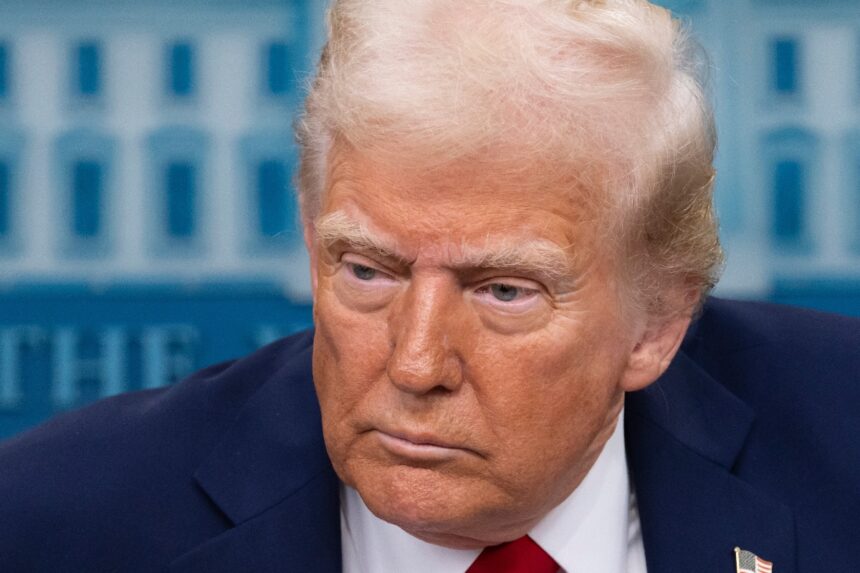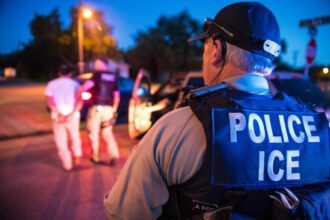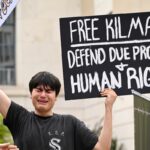On June 27, 2025, the American Civil Liberties Union(ACLU) and other civil rights organizations filed a new federal lawsuit challenging President Donald Trump’s executive order limiting birthright citizenship to children of undocumented immigrants or those on temporary visas.
This new legal challenge follows the Supreme Court’s decision to allow the White House to temporarily implement the order by suspending blocks previously imposed by lower courts. The lawsuit seeks a nationwide reach that would protect all children born in the U.S. to parents without permanent legal status.
What is at stake?
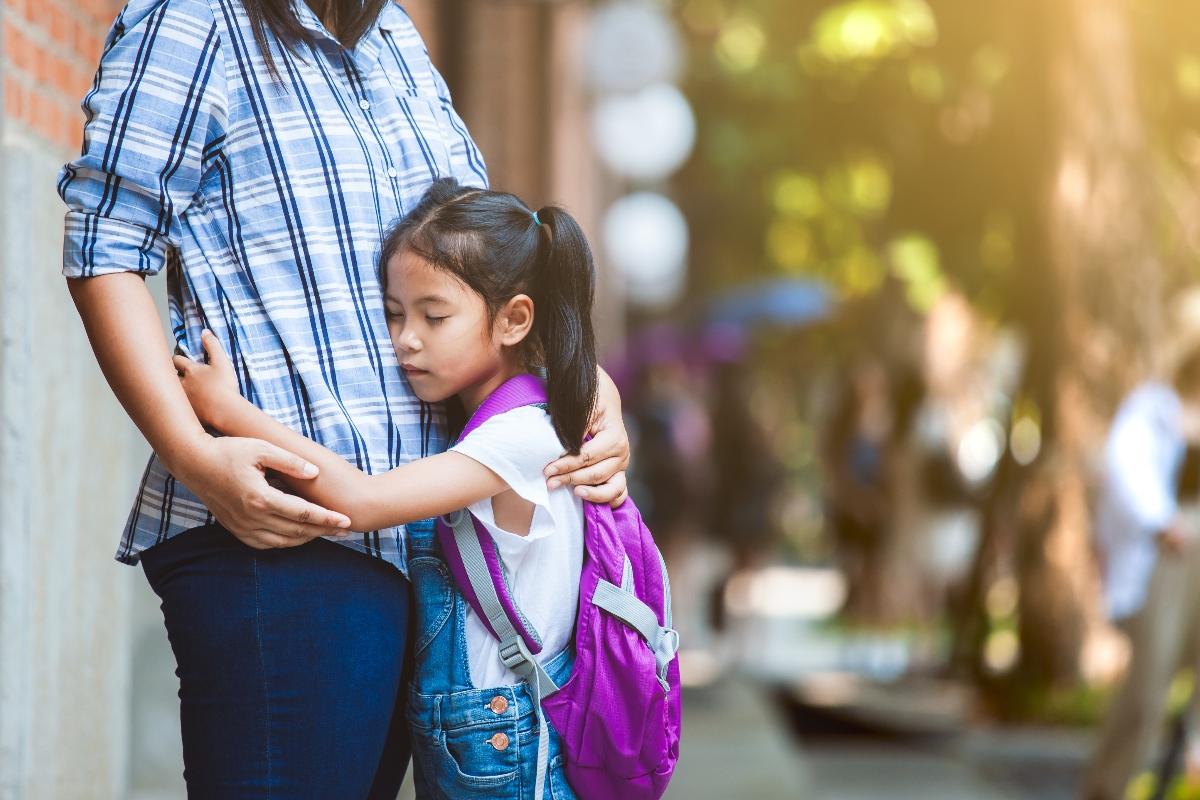
If implemented, this executive order would directly affect thousands of Hispanic families.
Especially in states such as California, Texas, Florida, New York and New Jersey, where there is a high concentration of immigrants in irregular or temporary status.
The principle of jus soli (birthright citizenship), enshrined in the 14th Amendment to the Constitution, guarantees that anyone born on U.S. soil is a citizen, regardless of the immigration status of his or her parents.
The lawsuit claims that the executive order directly violates this constitutional protection.
“Every court that has analyzed this cruel order agrees that it is unconstitutional,” stated Cody Wofsy, deputy director of the ACLU’s Immigrants’ Rights Project.
Political and legal positions
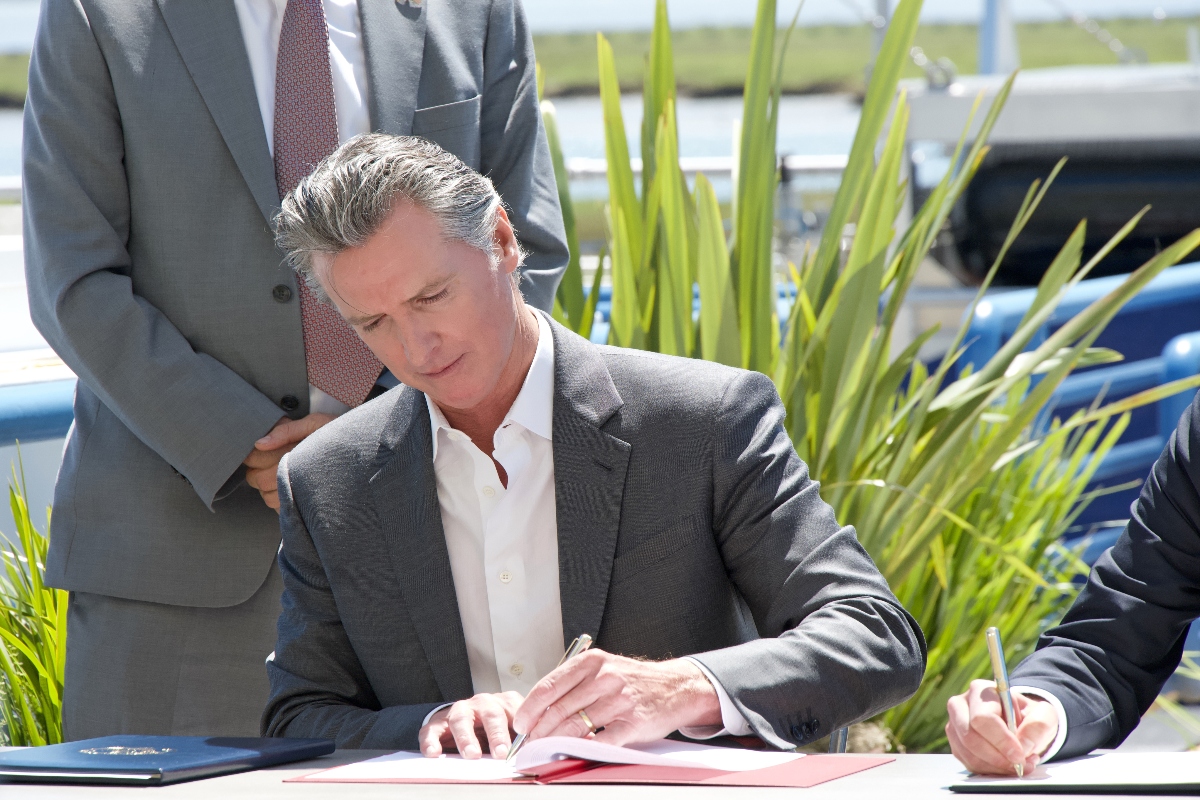
So far, at least 22 states, along with U.S. citizens and affected families, have filed parallel lawsuits in courts in Massachusetts, Washington, Maryland and California.
Although the Supreme Court ruling does not rule on the constitutionality of the decree, it allowed it to go into effect within 30 days for those not covered by active litigation.
New Jersey Attorney General Matthew Platkin assured that the order “will not survive constitutional scrutiny.”
For his part, California Governor Gavin Newsom said he is confident that the lower courts will halt the full implementation of the measure.
Cecillia Wang, legal director of the ACLU, warned that allowing the order to go into effect creates “nationwide harm” and could weaken executive branch accountability.
Democratic Congresswoman Sylvia Garcia called it “dangerous,” while California Attorney General Rob Bonta said it creates “administrative chaos” for states.
What’s next?
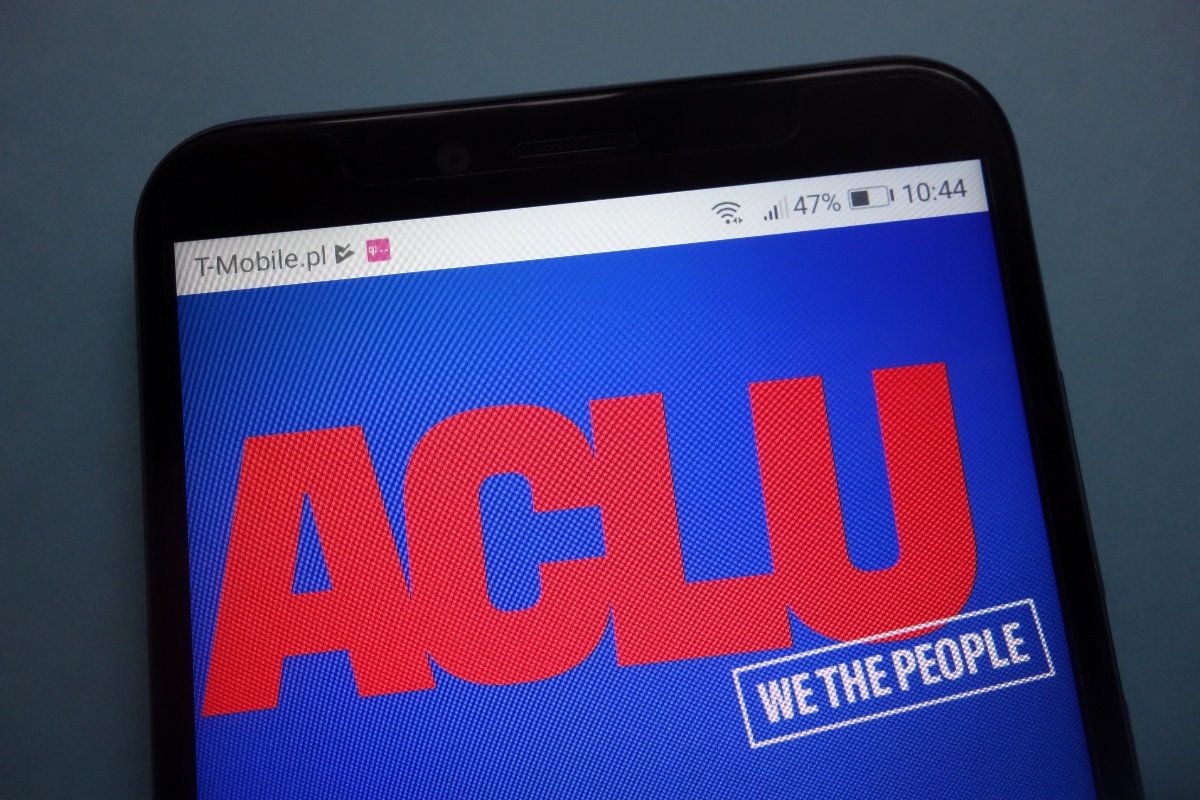
Todos los tribunales que han analizado esta cruel orden coinciden en que es inconstitucional
The federal court in New Hampshire is expected to issue a ruling before the deadline imposed by the Supreme Court.
If the ruling is favorable to the plaintiffs, the national implementation of the order could be suspended again.
Wofsy concluded, “We are fighting to ensure that President Trump cannot trample on the citizenship rights of a single child.”
For more information, visit QuéOnnda.com.



